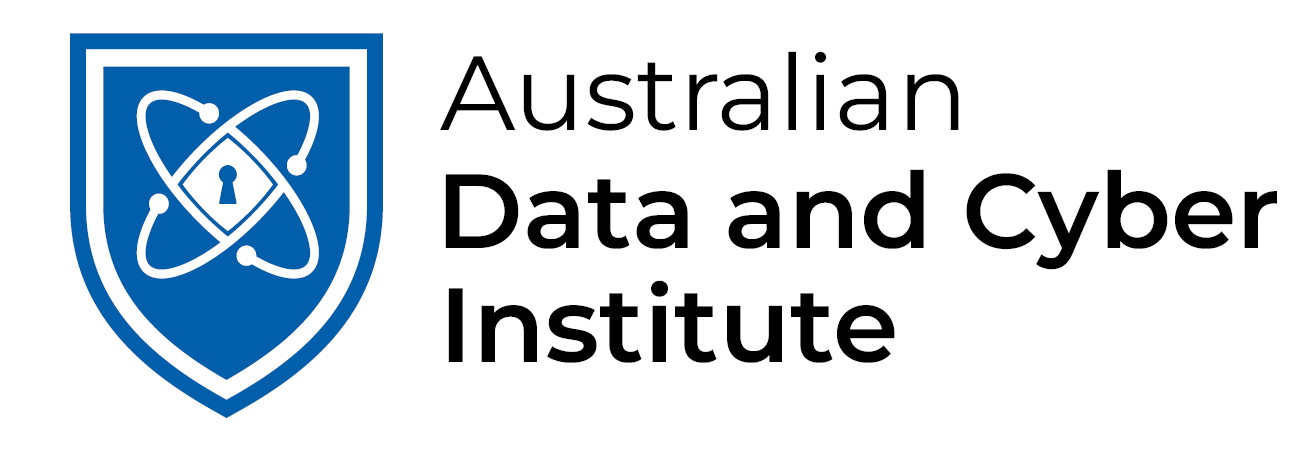Bachelor of Science in Cybersecurity
Course Overview
The B.S. Cybersecurity program offers a comprehensive education in cybersecurity, covering topics such as network security, digital forensics, information assurance, and security engineering. Students gain hands-on experience through true-to-life security simulations and learn from experienced technology leaders. The program is 100% online, offering flexibility for busy adults, and allows students to transfer up to 94 previously earned college credits to finish faster.
Course Structure
1. Fundamental General Education (30 Credits)
English Composition
- ENG 120 - College Writing (4 credits)
Mathematics
- MATH 215 - Statistical Concepts (4 credits)
- Prerequisite: MATH 140 Introduction to Quantitative Reasoning or MATH 150 Fundamental Algebra
Social and Behavioral Sciences
- 6 credits from Anthropology, Economics, Geography, History, Political Science, Psychology, and Sociology (must select at least two different disciplines)
Science
- 6 credits from the Science discipline (one course must have a lab component)
Arts & Humanities
- HUMN 211 - Introduction to Critical Ethics (2 credits)
- 4 credits from Art, English Literature, Fine Arts, Humanities, Music, Philosophy, Religion, or Theater disciplines
2. Additional General Education
- PF 121 - Basic Learning Strategies (2 credits)
- OR PF 321 - Learning Strategies (2 credits)
- COMM 150 - Interpersonal Communication (4 credits)
- OR SPCH 100 - Speech Communication (4 credits)
- ENG 220 - Research Writing: Exploring Professional Identities (4 credits)
3. Professional Core (24 Credits)
- COMP 101 - Problem Solving With Computing (2 credits)
- COMP 204 - Principles of Computer Networks (2 credits)
- COMP 281 - Database Management Systems (4 credits)
- ITEC 136 - Principles of Programming (4 credits)
- WEBD 101 - Introduction to Web Page Construction (2 credits)
- ITEC 200 - Linux Fundamentals (2 credits)
- CLOUD 200 - Cloud Fundamentals (2 credits)
- CYSC 200 - Cybersecurity Fundamentals (2 credits)
- CYSC 325 - Network Security (4 credits)
4. Major Area Required (40 Credits)
- ITEC 350 - Windows Administration (4 credits)
- MIS 310 - Info Systems Architecture & Technology (4 credits)
- WEBD 236 - Web Information Systems Programming (4 credits)
- CYSC 375 - Digital Forensics & Incident Response (4 credits)
- CYSC 475 - Security Engineering & Assessment (4 credits)
- CYSC 495 - Cybersecurity Capstone (4 credits)
- CYSC 300 - Information Assurance (4 credits)
- OR CYSC 610 - Information Assurance (4 credits)
- CYSC 400 - Application Security (4 credits)
- OR CYSC 620 - Software and App Security (4 credits)
- CYSC 350 - Security Risk Management (4 credits)
- OR CYSC 630 - Information Risk Management (4 credits)
5. University Electives (28 Credits)
- 28 credits from any undergraduate courses offered by the University except developmental education courses.
6. Additional Requirements
- All students are required to pass ENG 120 and either PF 121 or PF 321 prior to enrolling in any course at the 200 level or above.
- Students with 30 or fewer hours of transfer credit must pass PF 121.
- Interpersonal Communication (COMM 150) or Speech Communication (SPCH 100) must be taken prior to enrolling in any course at the 300 level or above.
- Students must meet the University algebra competency requirement.
Entry Requirement
| Admission Requirements | |
|---|---|
| Academic Entry Requirements | A student who meets at least one of the following criteria is eligible for admission as a degree-seeking student:
Documentation Required
|
| Language Requirement | |||||||||||||
|---|---|---|---|---|---|---|---|---|---|---|---|---|---|
| IELTS Score (Minimum) |
|
||||||||||||
| TOEFL-IBT Score (Minimum) |
|
||||||||||||
Career Opportunities
Career Opportunities
- Application Security Tester: Perform assessments, source code reviews, and security tests to identify and remedy web application threats.
- Computer Security Specialist: Plan, implement, monitor, and upgrade control measures to protect computer networks and information.
- Digital Forensics Analyst: Investigate cybercrimes and gather digital evidence.
- Information Security Officer: Oversee the implementation of security policies and procedures.
- Penetration Tester: Simulate cyber attacks to identify vulnerabilities in systems.
- IT Security Consultant: Provide expert advice on security measures and best practices.

